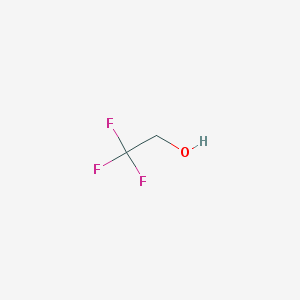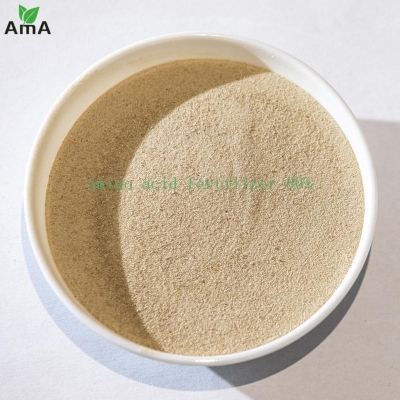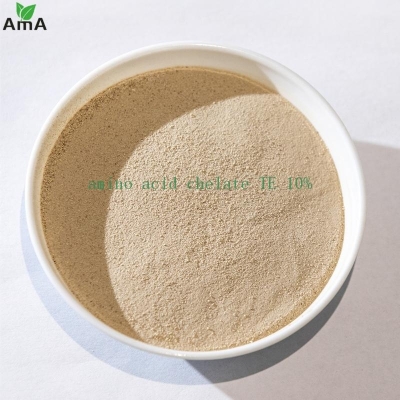Is the dosage of tumor adjuvant drugs normal?
-
Last Update: 2015-03-25
-
Source: Internet
-
Author: User
Search more information of high quality chemicals, good prices and reliable suppliers, visit
www.echemi.com
Source: on March 25, 2015, Xue Yuan, the general office of the State Council, in February this year, issued the guiding opinions on improving the centralized purchase of drugs in public hospitals, which proposed to establish a prescription review and doctor interview system, focusing on tracking and monitoring the auxiliary drugs and the drugs that are frequently used in hospitals Recently, the problem of large use of adjuvant, which has been controversial in clinical medication, has become the focus of academic discussion This year, it is reported that the medical insurance catalog will start to be adjusted, and it will be said after the research on the proportion of auxiliary drugs in the catalog According to experts, at present, adjuvants are mostly used in cancer treatment, and cancer is also one of the most economic burden for patients According to a national study, cancer inpatients account for 6% of all inpatients, but the cost of medical treatment is as high as 1 / 3 In 2011, the average cancer patient was hospitalized 1.87 times a year, with an average cost of nearly 30000 yuan each time, 17 times of the average hospitalization cost At present, some anti-tumor targeted drugs with definite clinical effect have not been included in the medical insurance, but many auxiliary drugs for tumor treatment can be reimbursed, and some of these drugs are "harmless" Whether it should be included in the medical insurance catalogue or not, it is urgent to conduct pharmacoeconomic research and use limited medical resources for necessary treatment How much is the dosage of antitumor adjuvant? A survey in Beijing found that more than 70% of prescriptions and money spent on adjuvants and immunomodulators in outpatients with cancer But the proportion of real anti-tumor drugs is very low, and it is decreasing year by year Different from the outpatient situation, the proportion of chemotherapy drugs in the inpatients is large, and the proportion of auxiliary drugs is relatively low although it is increasing year by year In 2009, the purchasing situation of key system drugs in 660 hospitals in China released by the National Monitoring Office of rational use of drugs showed that anti-tumor related drugs accounted for 15% of hospital drugs, of which immunosuppressants accounted for 16% of anti-tumor drugs and auxiliary drugs accounted for 27% The adjuvant drugs for anti-tumor are not only in large dosage, but also in high concentration According to the use of tumor adjuvant drugs in Beijing medical institutions, the concentration of both outpatient and inpatient drugs is very high, and two or three drugs "control" more than 80% of the market share In the outpatient statistics from 2011 to the first half of 2012, the amount of auxiliary drugs was mainly concentrated in Jinshuibao capsule and bailing capsule The two drugs took the lead alternately, accounting for nearly 90% of the total amount In the statistics of inpatient drugs, Kangai injection and Shenqifuzheng injection ranked the first Among them, Kangai injection accounts for more than 60% of the total amount of auxiliary drugs The top three immunomodulators used in cancer clinic are interferon, thymopentin and ubenimex, which account for more than 70% of all immunomodulators The inpatients mainly used thymopentin, recombinant human interleukin-2 and ubenimex The proportion of the three drugs was over 70%, and the market concentration was also very high Clinical adjuvant drugs for anti-tumor are mainly concentrated in several varieties, so are these varieties safe, effective and economical? Some studies have shown that both Jinshuibao capsule and bailing capsule, which are commonly used in anti-tumor clinic, are Artificial Cordyceps fermentation products In the indications approved by the State Food and drug administration, neither of them has tumor indications But in the reimbursement catalogue of Beijing medical insurance, it can be used for adjuvant treatment of tumor Shenqifuzheng injection, which is commonly used in inpatients, has tumor related indications The cost of one day is 140 yuan, and the cost of one course is 2900 yuan Kangai injection is approved for immunotherapy of various tumors to enhance the resistance, but it can only be reimbursed in the catalogue of Beijing Medical Insurance for advanced cancer The daily treatment cost is 400-600 yuan, and one course is 19000 yuan Yuan According to the director of the above pharmacy department, these two drugs are both traditional Chinese medicine injections If they are not used properly, there are potential safety hazards in the monitoring of incompatibility and adverse reactions In recent years, the use of thymopentin in inpatients has increased significantly, from 21.3% in the first half of 2011 to 47.4% in the first half of 2012 The mechanism of thymosin drugs is to stimulate the T-lymphocytes of human body, activate the immune system and enhance the immune function Therefore, its function is phased rather than permanent, generally used during radiotherapy and chemotherapy, or when there are obvious indicators of immunosuppression According to the approved indications, thymosin α 1 is only approved for the treatment of non-small cell lung cancer and melanoma, while thymopentin has two specifications, 1 mg and 10 mg are included in the medical insurance catalogue Among them, the daily cost of 1 mg is 62 yuan, 1800 yuan for a course of treatment, while the daily cost of 10 mg is 900 yuan There is no limit to the course of treatment Patients can use it for a long time, so the burden of its medical insurance can be imagined Although the amount of adjuvant is very large in clinical use, it rarely can enter into the treatment guidelines of related fields, which shows that the large use of adjuvant does not meet the diagnosis and treatment standards recommended by experts In the standardized diagnosis and treatment guidelines issued by the Ministry of health for eight major cancers, such as lung cancer and cervical cancer, there is no recommendation for all immunoenhancement and adjuvant drugs; in the same six cancer diagnosis and treatment Specifications issued by the former Ministry of health, there are also five that are not recommended, only in the diagnosis and treatment specifications of primary liver cancer, the "appropriate application of thymosin α 1" is mentioned It can enhance the immune function of the body and has the auxiliary anti-virus and anti-tumor effects; all the cancer treatment guidelines issued by the Chinese medical association do not recommend the above two types of drugs How can drugs that are not recommended by these experts become the "protagonists" of clinical drugs? Therefore, it is urgent to strengthen the research of evidence-based medicine and pharmacoeconomics At present, the use of anti-tumor drugs has increased rapidly, and anti super antibacterial drugs have jumped to the first place in Beijing and other cities It is suggested to establish a unified monitoring platform for tumor adjuvant drugs, so that the previous drug use records of patients and the situation of drug taking in other hospitals can be seen when the pharmacist reviews the prescriptions At the same time, we should establish the standard of tumor drug treatment and evaluate which patients can be assisted in what kind of circumstances In addition, a mechanism of evaluation and selection should be established for adjuvants with large dosage.
This article is an English version of an article which is originally in the Chinese language on echemi.com and is provided for information purposes only.
This website makes no representation or warranty of any kind, either expressed or implied, as to the accuracy, completeness ownership or reliability of
the article or any translations thereof. If you have any concerns or complaints relating to the article, please send an email, providing a detailed
description of the concern or complaint, to
service@echemi.com. A staff member will contact you within 5 working days. Once verified, infringing content
will be removed immediately.







